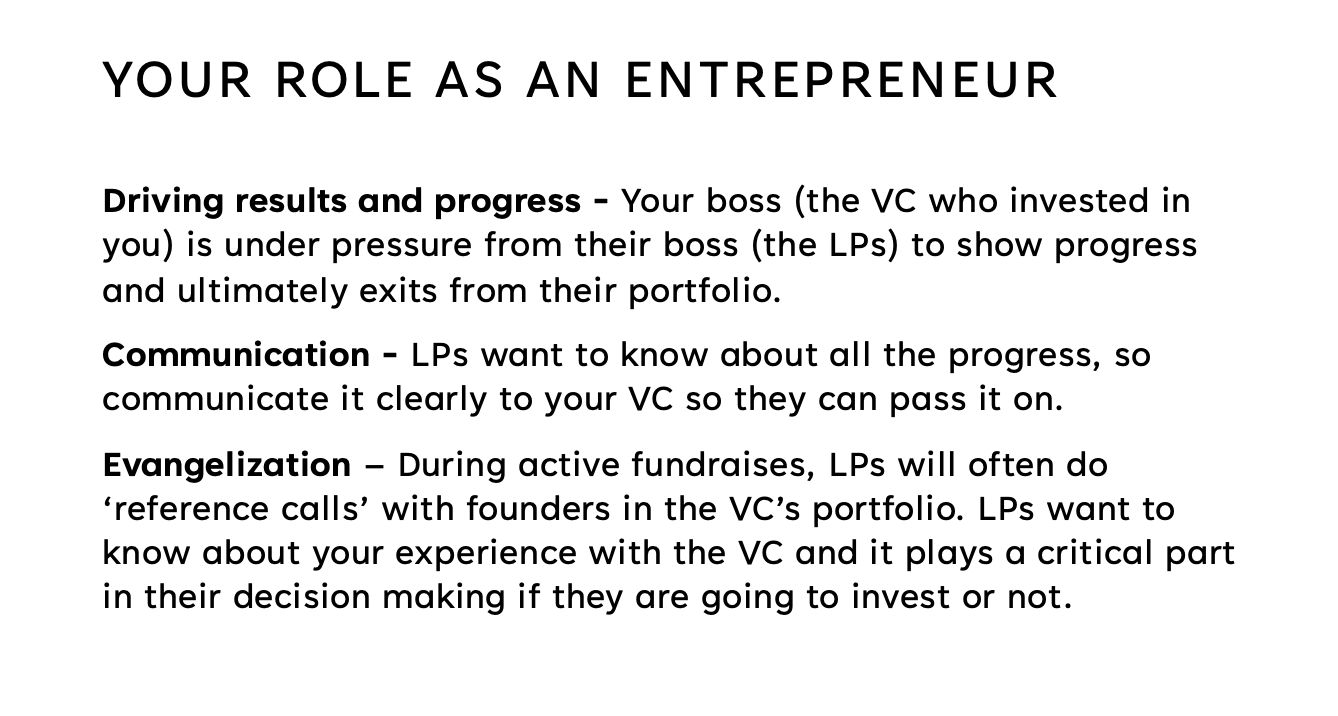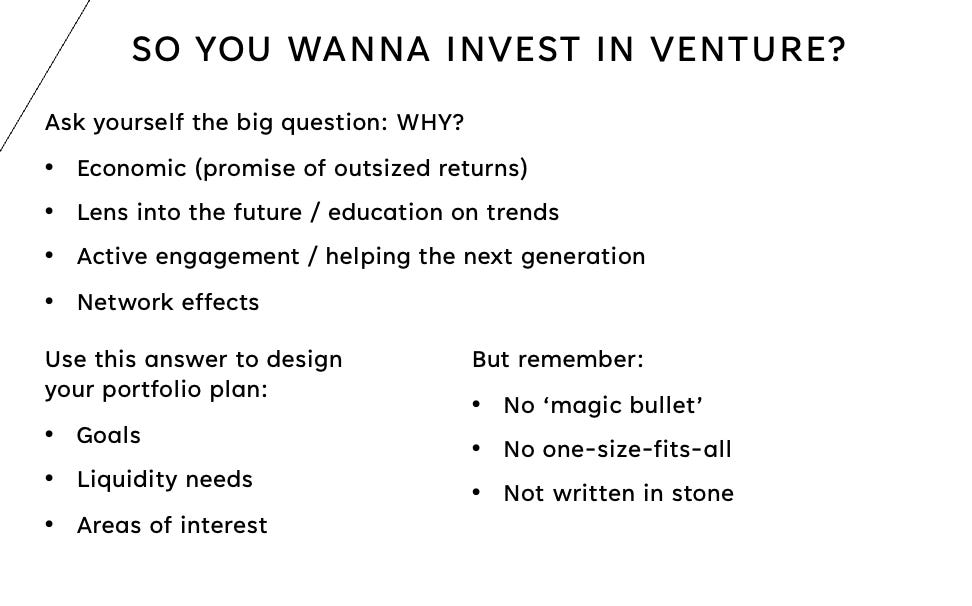What you NEED to know about LPs: the capital behind venture capital
Startup entrepreneurs, VC investors, and prospective new LPs can unlock major benefits by understanding the mindset of Limited Partners.
Startup entrepreneurs use venture capital to unlock their bold visions and accelerate their progress. While this capital appears to come from VC firms, where do the VC firms get the actual money?
Welcome to the world of Limited Partners (LPs). Virtually every player in the startup ecosystem can benefit from understanding more about limited partners, their goals, and their mindset.
Announcing our latest Ubiquity University series - LP 101: What You Need to Know
In these 5-10 minute Ubiquity University videos, we have Matt Curtolo, a veteran VC allocator/LP with over 20 years of experience at institutions large and small having served in roles on all sides of the ecosystem. Matt is uniquely suited to break down what startup entrepreneurs, VCs, and new LPs need to know about the LP world.
LP 101: What Entrepreneurs Need to Know About LPs
What are LPs (limited partners)? How does this relate to GPs (general partners)?
LPs are the source of capital for the VC funds being raised. LPs come in many varieties and can be institutional (e.g., pension funds, non-profit/university endowments or foundations), high net worth individuals, and many types in between. LPs have the task of picking from the now 4,000 VC firms in the world where to invest their capital via VC funds to add startup exposure to their portfolio.
VC firms have several individual VCs (called “General Partners” or “GPs”) which are the individuals investing the capital into startups. Ubiquity Ventures is a “solo GP” VC firm.
LPs make one key decision upfront (whether or not to invest in a fund).
GPs make all subsequent decisions (whether to invest in a startup, how much, when to sell the position, etc.)
How startup entrepreneurs play a role in VC firm raising capital from LPs
As an entrepreneur, your startup’s success helps the VC firm raise their next fund — even when your startup’s full story hasn’t played out to a financial exit.
Matt: “What you can do is to be as clear as possible in terms of delivering financial and overall progress to your VCs so they can organize and collate and bring that back to LPs in a clear and concise way.”
Entrepreneurs often take reference calls from LPs to share their experience working with this VC.
LP 102: What VCs Need to Know About LPs
There are a wide variety of LPs and each category operates differently across several dimensions:
Pacing (perpetual pools vs. annual budgets)
Investment process (# of meetings, depth of diligence, approval process)
Decision-making (committee vs. individual vs. 3rd-party advisor)
LP diligence is very different than VC diligence, because LPs only get to make a single decision upfront — whether or not to invest in a fund. From then on, VCs make all subsequent decisions about which startups to invest in and when to sell.
There are many ways VCs can optimize engagement (quarterly updates, annual meetings, off-cycle in-person visits), and it can be very helpful for VCs to build relationships across the LP organization.
Adopt a partnership mentality with LPs — information sharing, no surprises, and co-investments are just the start.
LP 103: What New LPs Need to Know About Being a Good LP
New LPs should begin with some basic questions: Why invest in venture capital? How does it fit into the rest of your portfolio and what is VC’s role for you?
There is no single answer but possibilities include financial returns, education on trends, active engagement with startups, and more.
Be mindful of illiquidity and other unique characteristics of VC funds.
Investment lifecycle for an LP investing in VC: sourcing funds, diligence, monitoring, re-up decisions
Ubiquity University: free, short videos for early-stage startups
We built Ubiquity University to unlock growth for early-stage startup leaders by sharing the latest knowledge and advice for pre-seed, seed, and Series A stage entrepreneurs. We have dozens of free, short (5-15 minute) practical videos that dive into key concepts, mindset shifts, and tactical advice to help startup leaders grow and develop. Our speakers include the sharpest technical and business experts from the Ubiquity Extended Team and beyond. If you know individuals who would benefit from Ubiquity University, please pass this along.
Ubiquity Ventures — led by Sunil Nagaraj — is a seed-stage venture capital firm focused on startups solving real-world physical problems with "software beyond the screen", often using smart hardware or machine learning.
If your startup fits this description, fill out the 60-second Ubiquity pitch form and you’ll hear back shortly.








